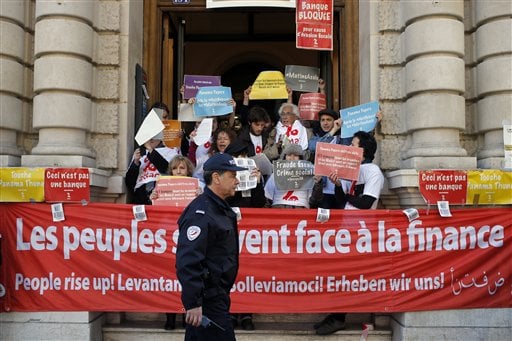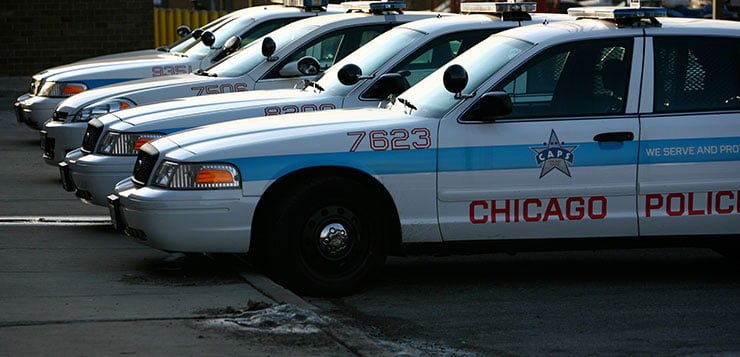
The fallout from a massive leak of records on offshore accounts dragged a growing number of leaders and celebrities into the spotlight Wednesday, with a Bollywood actor, a race car driver and Ukraine’s president among those denying they evaded taxes.
The reports center on millions of documents detailing how the rich and powerful use shell companies in low-tax states like Panama or the Cayman Islands, sometimes giving them fanciful names like “Goldfinger” or “SkyFall.”
The suspicion that such accounts are used to skirt taxes prompted a rush of denials, statements and, in some cases, media blackouts.
Ukrainian President Petro Poroshenko was the latest high-profile politician to face scrutiny over the issue, denying he had meant to evade taxes by putting his candy company offshore.
Poroshenko had promised voters he would sell his business when he ran for office in 2014. But according to the reports, he merely moved it secretively offshore.
On Wednesday, he said he had done nothing illegal when he created the offshore holding company to put his business in a blind trust when he became president.
“This is absolutely normal procedure,” Poroshenko said during a visit to Tokyo. “If we have anything to be investigated, I am happy to do that. But this is absolutely transparent from the very beginning. No hidden account, no associated management, no nothing.”
Ukrainian opposition groups maintained the move could have cost the war-torn country millions of dollars in desperately needed tax revenues. But analysts said the Ukrainian leader does not appear to have broken the law — just suffered a blow to his image.
“You can believe the explanations of Poroshenko or not believe them, but from a formal point of view, he did not violate the law,” said Volodymyr Fesenko of the Penta think-tank in Kiev.
The data leaked from the Panama-based law firm Mossack Fonseca was reported on this week by an international group of media companies with the coordination of the Washington-based International Consortium of Investigative Journalists.
The leak has revived a global debate over the use of offshore accounts and companies.
When used legally, they can reduce a person or company’s tax bill. A company, for example, might route its revenue from multiple countries to one low-tax base. Critics argue that while that’s not illegal, companies and people should not be allowed to do so, but instead pay taxes where they earn their money.
Because offshore accounts can obscure the identity of the owner, they are often used illegally to hide money from the taxman or launder ill-gotten gains.
In a case of life imitating art, the leaked data showed a fondness for naming shell companies after James Bond films. Mossack Fonseca reportedly incorporated companies named Goldfinger, SkyFall, GoldenEye and Moonraker and was asked to set up a firm called Octopussy.
Iceland’s prime minister became the first casualty of the so-called Panama Papers case on Tuesday.




